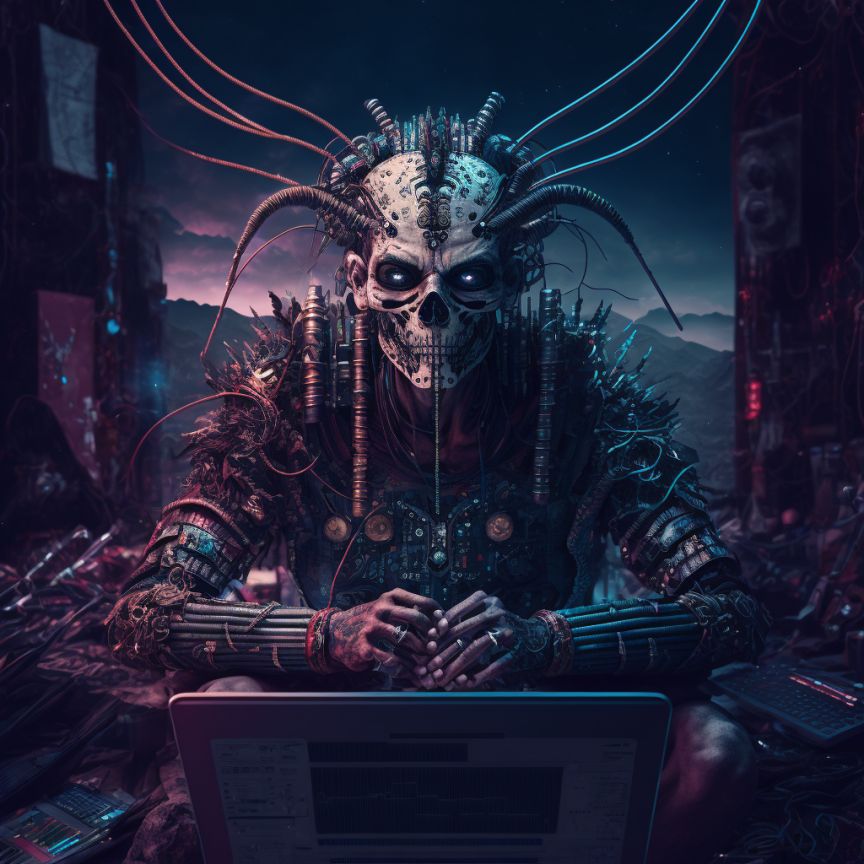ChatGPT was taught by the world’s poorest people

In Brief
Some AI ethicists have attacked OpenAI’s choice to outsource the training of its ChatGPT model to Sama, claiming that the business is exploiting low-cost labor.
ChatGPT was developed with the help of people from some of the poorest regions of the world, according to recently leaked documents. OpenAI Corporation began cooperating with Sama, which employs millions of workers from the poorest parts of the world.

Sama is a social enterprise that employs millions of workers from the poorest parts of the world, including Kenya, Uganda, and India. The company has come under fire in the past for its working conditions, with many employees complaining of long hours and low pay. However, OpenAI has defended its decision to partner with Sama, arguing that the company provides much-needed employment opportunities to workers who are otherwise living in poverty.
OpenAI’s decision to outsource the training of its ChatGPT model to Sama has been criticized by some AI ethicists, who argue that the company is exploiting low-cost labor. These folks were the ones who coded the ChatGPT training set. For $1.32 per hour, they scanned texts from all across the Internet for hazardous content.
Many Sama employees stated that their psychological health suffered as a result of their work. OpenAI did not deny using Sama employees for outsourcing but instead emphasized that this labor has pulled many people out of poverty.
“We must not forget that ChatGPT and other generative models are not magical—they are built on enormous supply chains of human labor and extracted data,” AI ethicist Andrew Strait remarked.
- The AI showed impressive abilities in its predecessor, GPT-3, which was able to link sentences together. However, GPT-3 was not an easy sell due to its tendency to blurt out violent, sexist, and racist remarks.
- This is because the AI was trained on hundreds of billions of words taken from the Internet, a vast repository of human language. Since parts of the Internet are rife with toxicity and bias, there was no easy way to clean up these sections of training data. Even a team of hundreds of people would take decades to manually review a huge dataset.
Read more about ChatGPT:
Disclaimer
In line with the Trust Project guidelines, please note that the information provided on this page is not intended to be and should not be interpreted as legal, tax, investment, financial, or any other form of advice. It is important to only invest what you can afford to lose and to seek independent financial advice if you have any doubts. For further information, we suggest referring to the terms and conditions as well as the help and support pages provided by the issuer or advertiser. MetaversePost is committed to accurate, unbiased reporting, but market conditions are subject to change without notice.
About The Author
Damir is the team leader, product manager, and editor at Metaverse Post, covering topics such as AI/ML, AGI, LLMs, Metaverse, and Web3-related fields. His articles attract a massive audience of over a million users every month. He appears to be an expert with 10 years of experience in SEO and digital marketing. Damir has been mentioned in Mashable, Wired, Cointelegraph, The New Yorker, Inside.com, Entrepreneur, BeInCrypto, and other publications. He travels between the UAE, Turkey, Russia, and the CIS as a digital nomad. Damir earned a bachelor's degree in physics, which he believes has given him the critical thinking skills needed to be successful in the ever-changing landscape of the internet.
More articles

Damir is the team leader, product manager, and editor at Metaverse Post, covering topics such as AI/ML, AGI, LLMs, Metaverse, and Web3-related fields. His articles attract a massive audience of over a million users every month. He appears to be an expert with 10 years of experience in SEO and digital marketing. Damir has been mentioned in Mashable, Wired, Cointelegraph, The New Yorker, Inside.com, Entrepreneur, BeInCrypto, and other publications. He travels between the UAE, Turkey, Russia, and the CIS as a digital nomad. Damir earned a bachelor's degree in physics, which he believes has given him the critical thinking skills needed to be successful in the ever-changing landscape of the internet.


















































